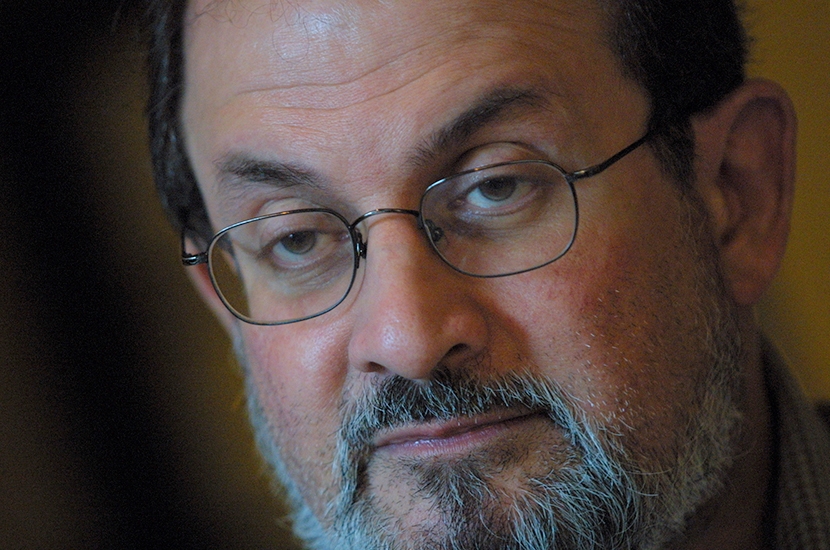I have the habit, when reading a collection of essays, of not reading them in order. I’m pretty sure I’m not alone in this. So, as it happened, I had read nearly all of Languages of Truth before I arrived at the second piece in the book, ‘Proteus’, and came across the Salman Rushdie I had been looking forward to: the worst Rushdie, the infuriating, humble-bragging, know-all, preposterous and tone-deaf Rushdie.

Disagree with half of it, enjoy reading all of it
TRY A MONTH FREE
Our magazine articles are for subscribers only. Try a month of Britain’s best writing, absolutely free.
Already a subscriber? Log in






Comments
Join the debate, free for a month
Be part of the conversation with other Spectator readers by getting your first month free.
UNLOCK ACCESS Try a month freeAlready a subscriber? Log in